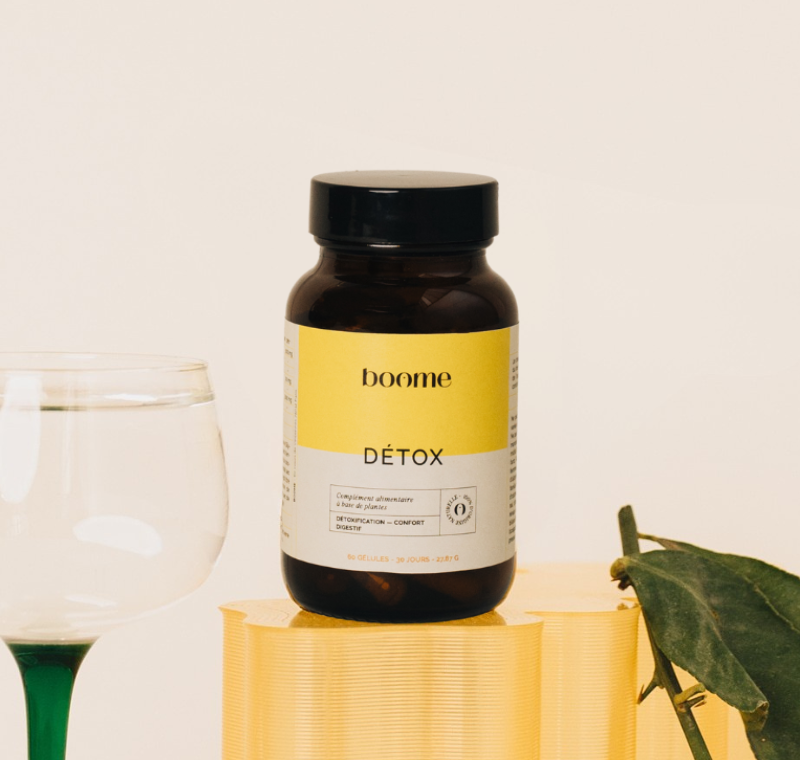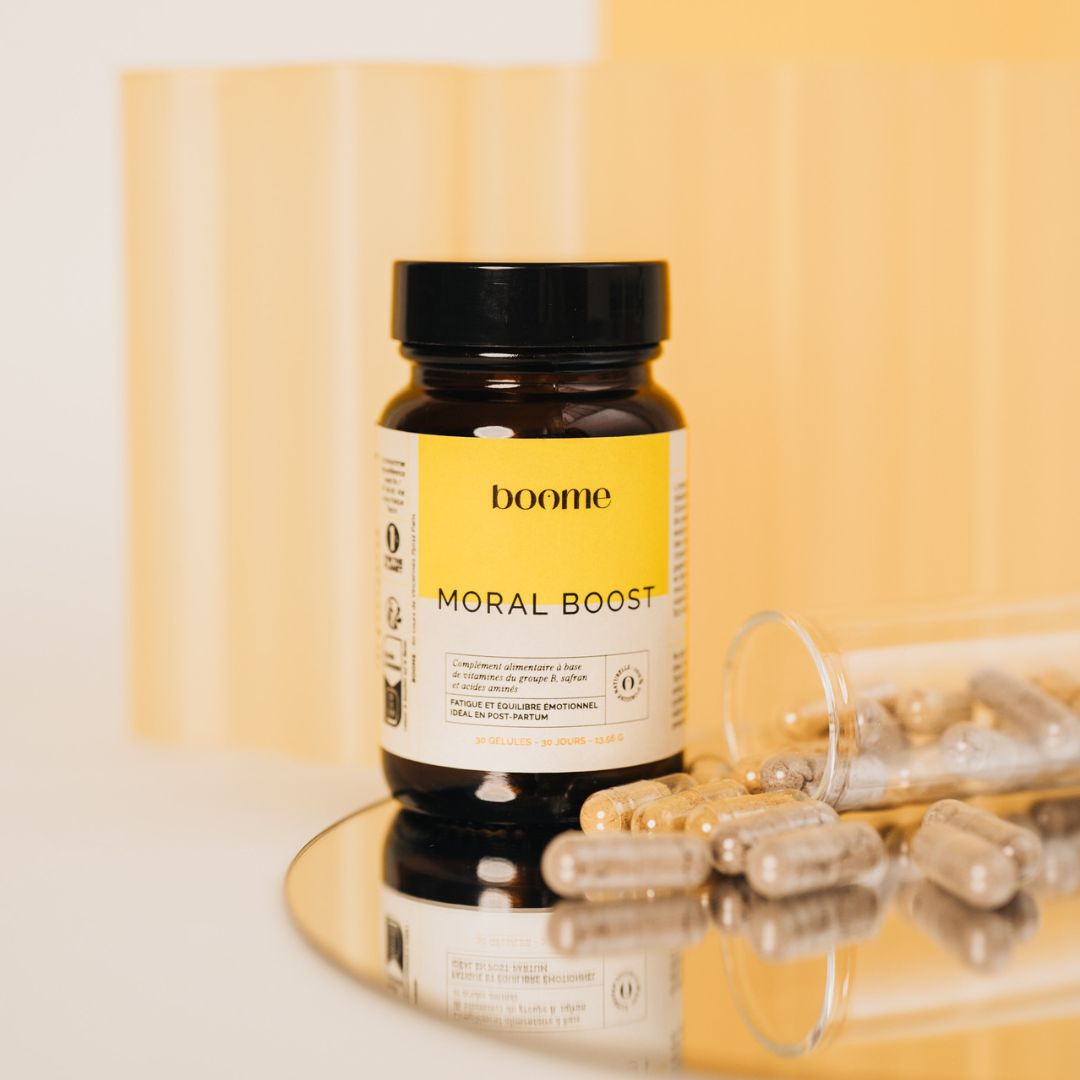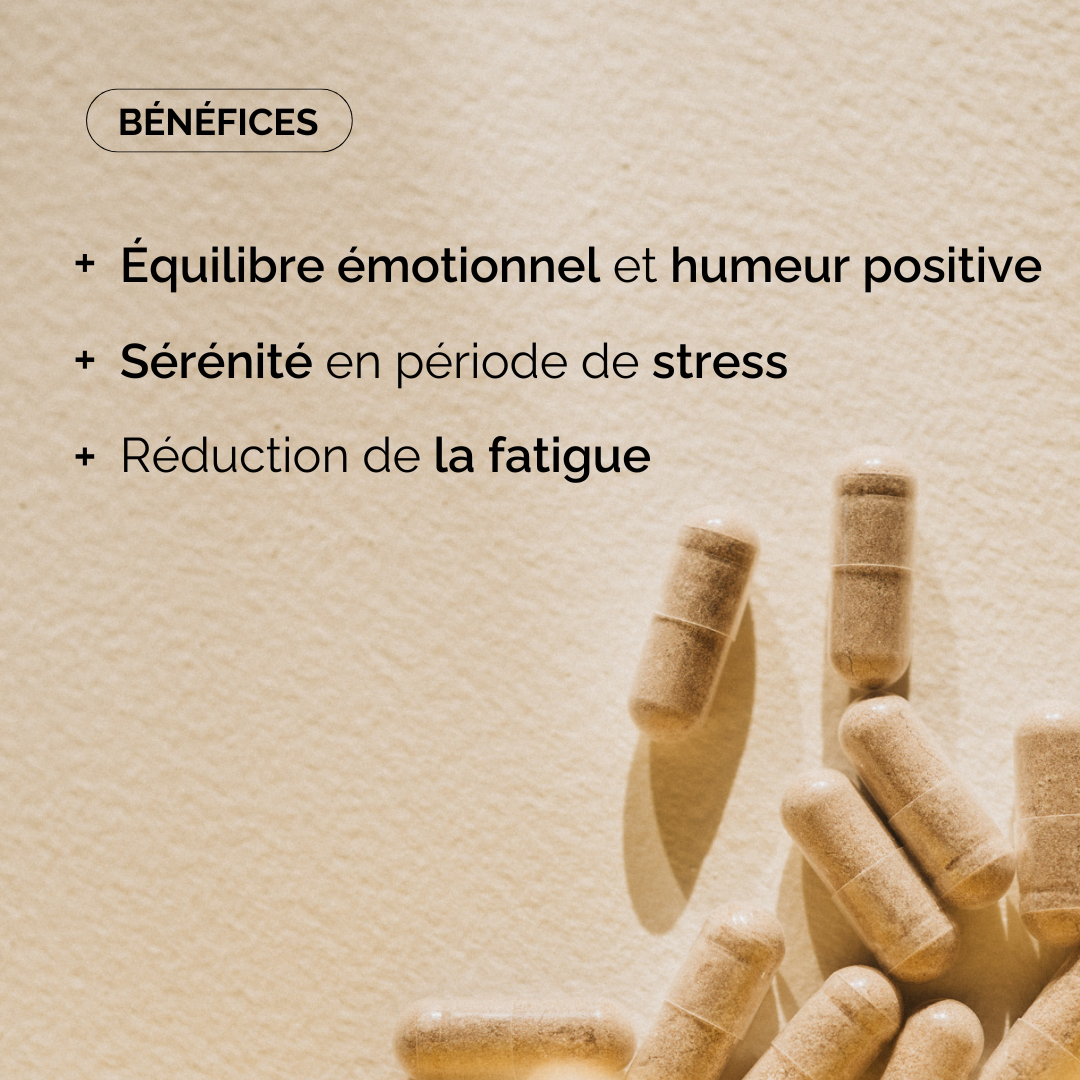
Choosing pregnancy vitamins, prenatal vitamins or more generally food supplements can involve certain dangers if you do not understand everything about their composition. Here is essential information to help you in your choices and support you towards more conscious consumption.
Nanoparticles in your food supplements
Nanoparticles (very fine particles which settle in the body), are for the most part dangerous and are linked to diseases, respiratory problems, and cause oxidative stress which contributes to inflammation in the body.
Why, in this case, choose to include them in products intended for pregnancy?
Often used as a coloring or anti-caking agent, nanoparticles are very present in the pharmaceutical or beauty industries. However, according to a recent study on one of them (titanium dioxide), it was proven that the placental barrier had been crossed.
Result: a fetus already exposed to harmful substances, often without you knowing it.
When purchasing food supplements in general and references for maternity in particular, always check the complete compositions and do not hesitate to ask your pharmacist or naturopath for help to decipher the labels. Knowledge truly is power.
Low-end and not always healthy assets
Animal gelatin for which traceability is non-existent, fish oil which is very often oxidized (and therefore dangerous for health), active ingredients which contain pesticide residues or other heavy metals, synthetic and poorly assimilated folic acid , many brands favor manufacturing cost at the expense of quality.
When you consume Omega-3, for example, make sure that the oil is of impeccable quality. Many labels exist and guarantee a healthy and effective product.
At Boome, we have banned capsules containing solvents and other questionable additives and we wanted vegan products to suit everyone. We have chosen quality , we care about your health.
Controversial additives
E172 (iron oxide), E341 (tricalcium phosphates), E551 (silicon dioxide) or even E171 (titanium dioxide), this may not mean anything to you and yet, these additives are common on the food supplement market. Don't panic, not all additives are to blame, but these are something to watch out for in your consumer products and avoid.
Ineffective vitamins
When it comes to vitamins dedicated to motherhood, vitamin B9 should NOT be folic acid. Folic acid, the majority on the market, is the synthetic form of vitamin B9.
Result: poor assimilation, and a deficiency that is not filled. Remember, good nutritional status in vitamin B9, essential from preconception, reduces the risk of malformations by 72%. So be sure to supplement with natural and bioavailable folates, as they are in our Pregnancy reference .
Finally, if you lack iron (be sure to always ask for a blood test before taking any iron supplement), avoid multivitamins that contain it. Iron must be taken alone so as not to oxidize and not interact with other vitamins and minerals.











